News
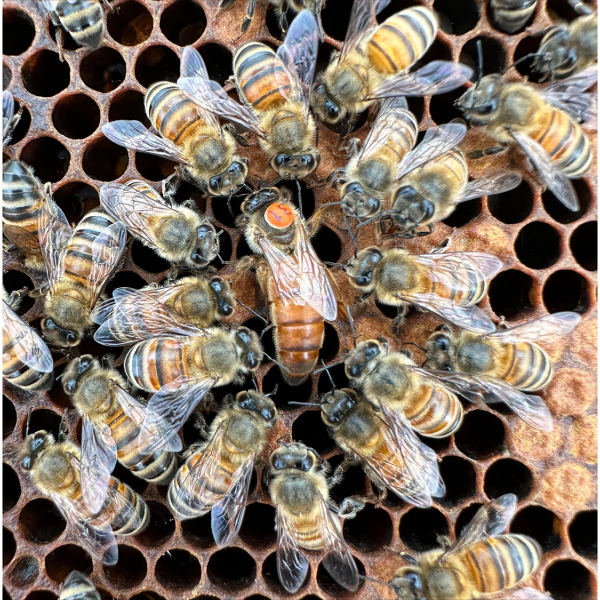
Jun 20, 2025
How a genetic tug-of-war decides the fate of a honey bee
Despite having identical genetic instructions, female honey bee larvae can develop into either long-lived reproductive queens or short-lived sterile workers who help rear their sisters rather than laying their own eggs. Now, an interdisciplinary team led by researchers at Penn State has uncovered the molecular mechanisms that control how the conflict between genes inherited from the father and the mother determine the larva’s fate.
Full Article

Jun 04, 2025
$2.9M grant funds study on long-term effects adolescent binge drinking
An interdisciplinary team of researchers at Penn State will use a new five-year, $2,900,000 grant to investigate the long-term effects of excess alcohol drinking during adolescence.
Full Article

Apr 24, 2025
Grozinger appointed to National Academies committee on insect declines
The National Academies of Sciences, Engineering, and Medicine recently appointed Christina Grozinger, Publius Vergilius Maro Professor of Entomology and director of the Huck Institutes of the Life Sciences at Penn State, to an 18-member study committee to examine the status of insects in North America.
Full Article
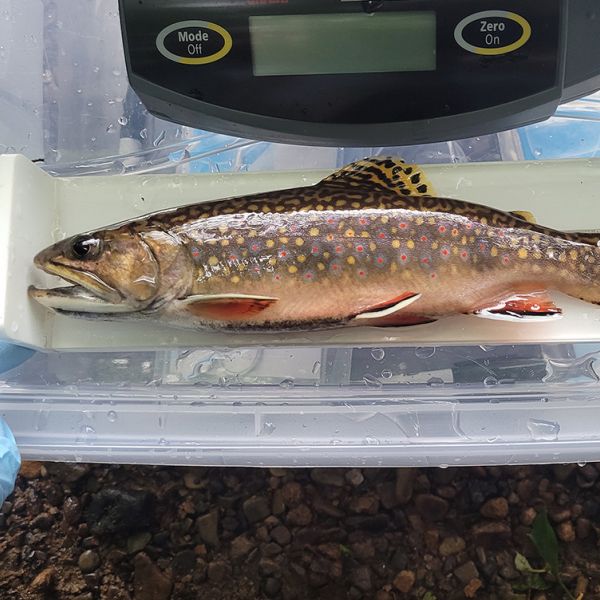
Mar 17, 2025
Threatened by warming waters, brook trout may be able to adapt to hotter weather
Heatwaves appear to trigger heritable gene expression changes that may help make the fish more tolerant of thermal stress, researchers report in novel study.
Full Article
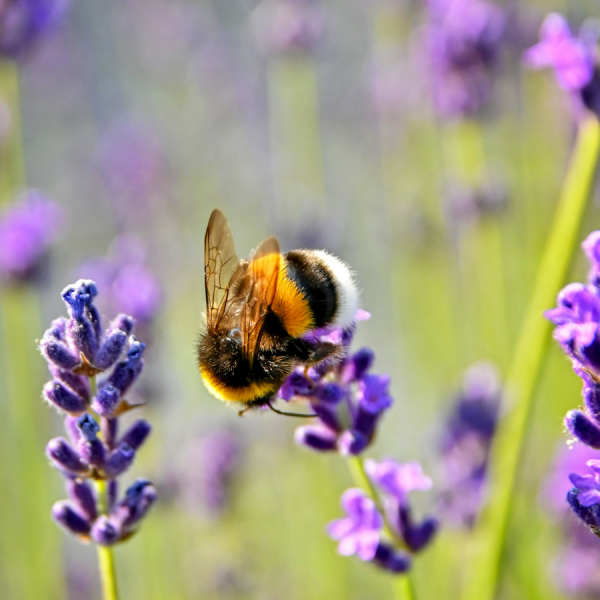
Mar 12, 2025
Analyzing genetic ‘signatures’ may give insight into what stresses wild bees
A new method of examining gene expression patterns called landscape transcriptomics may help pinpoint what causes bumble bees stress and could eventually give insight into why bee populations are declining overall.
Full Article
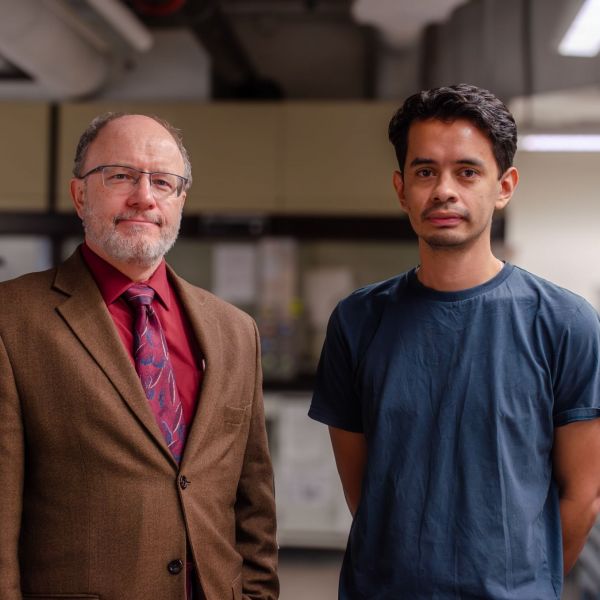
Feb 20, 2025
Young adults may be more vulnerable to nicotine addiction than the middle aged
People in their late teens and early 20s may be more sensitive to nicotine and more susceptible to nicotine addiction than middle aged adults, according to a new study in mice from researchers in the Penn State Department of Biobehavioral Health.
Full Article

Feb 14, 2025
ChatGPT for birdsong may shed light on how language is wired in the human brain
Just like ChatGPT and other generative language models train on human texts to create grammatically correct sentences, a new modeling method by researchers at Penn State trains on recordings of birds to create accurate birdsongs.
Full Article
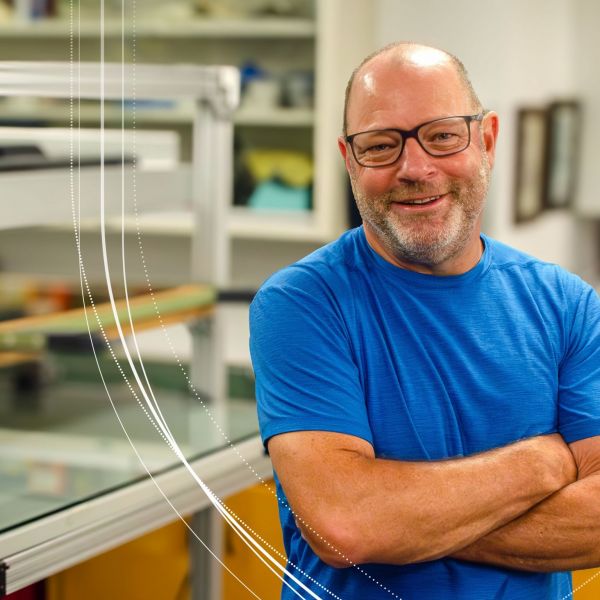
Feb 12, 2025
Sainburg named fellow of the National Academy of Kinesiology
Robert Sainburg, professor of kinesiology and neurology at Penn State and Dorothy F. and J. Lloyd Huck Distinguished Chair in Kinesiology and Neurology, was recently named a fellow of the National Academy of Kinesiology.
Full Article

Feb 06, 2025
Supportive co-parenting may help secure infant attachment development
Researchers found breastfeeding is linked to positive parenting and secure infant attachment and, when unable to or choosing not to breastfeed, supportive co-parenting can achieve the same outcomes.
Full Article

Jan 21, 2025
Christina Grozinger to lead Huck Institutes of the Life Sciences as director
Christina Grozinger, Publius Vergilius Maro Professor of Entomology and director of the Center for Pollinator Research, has been named the new director of the Huck Institutes of the Life Sciences at Penn State.
Full Article